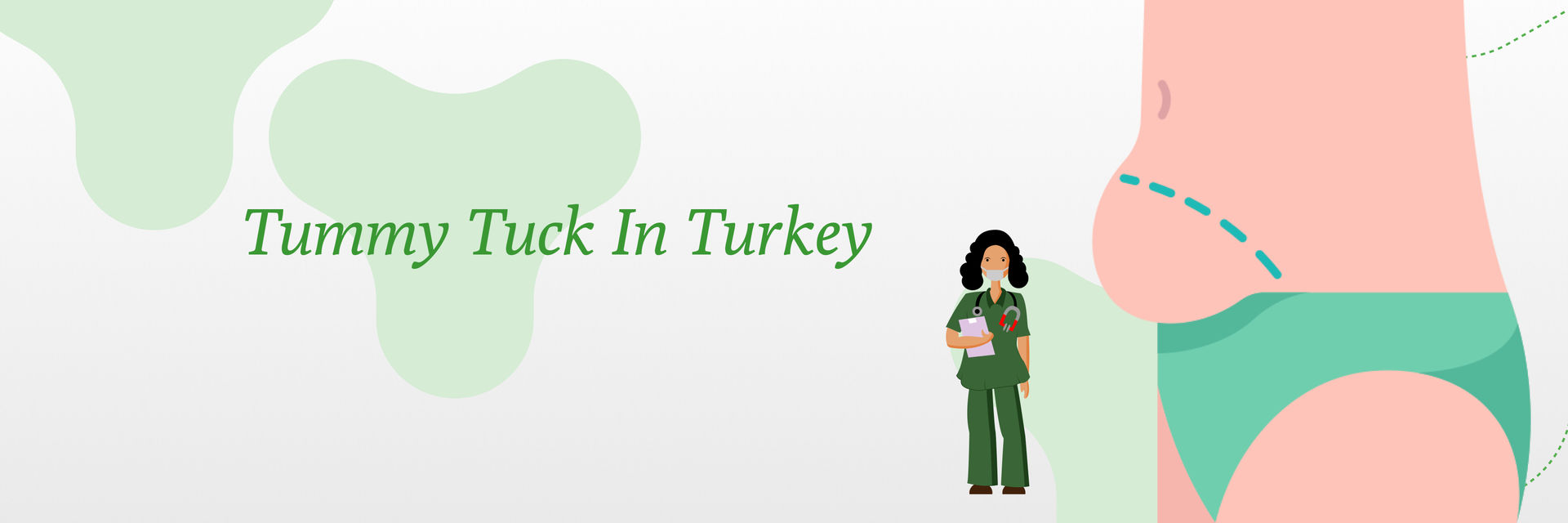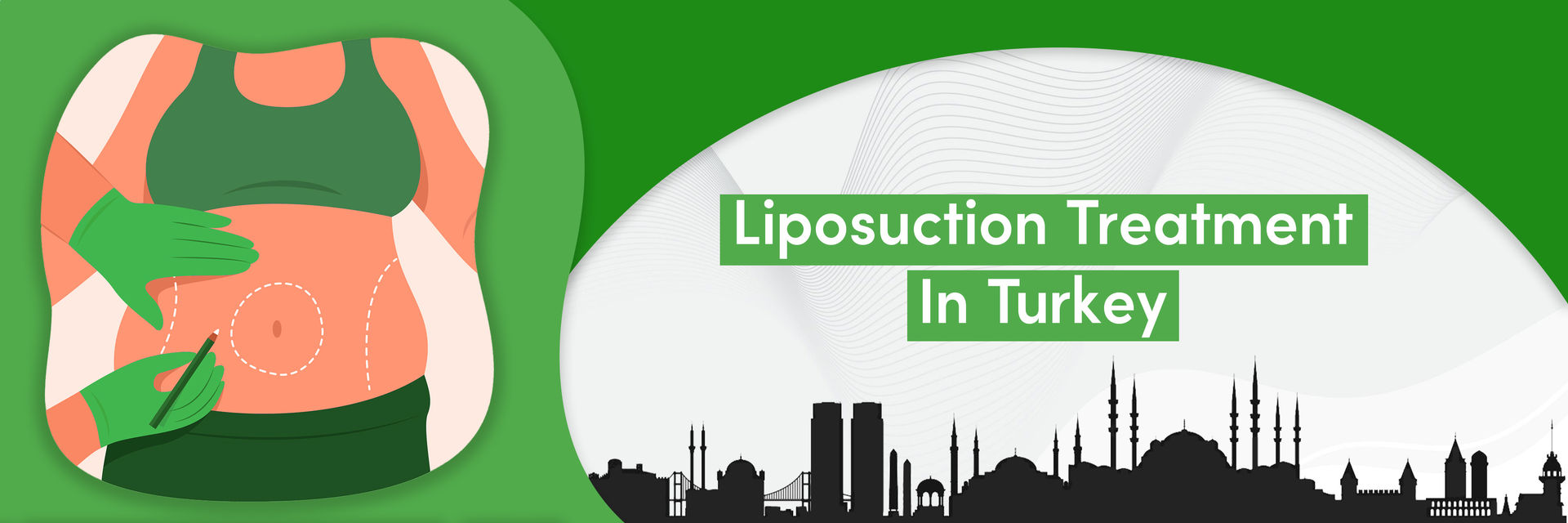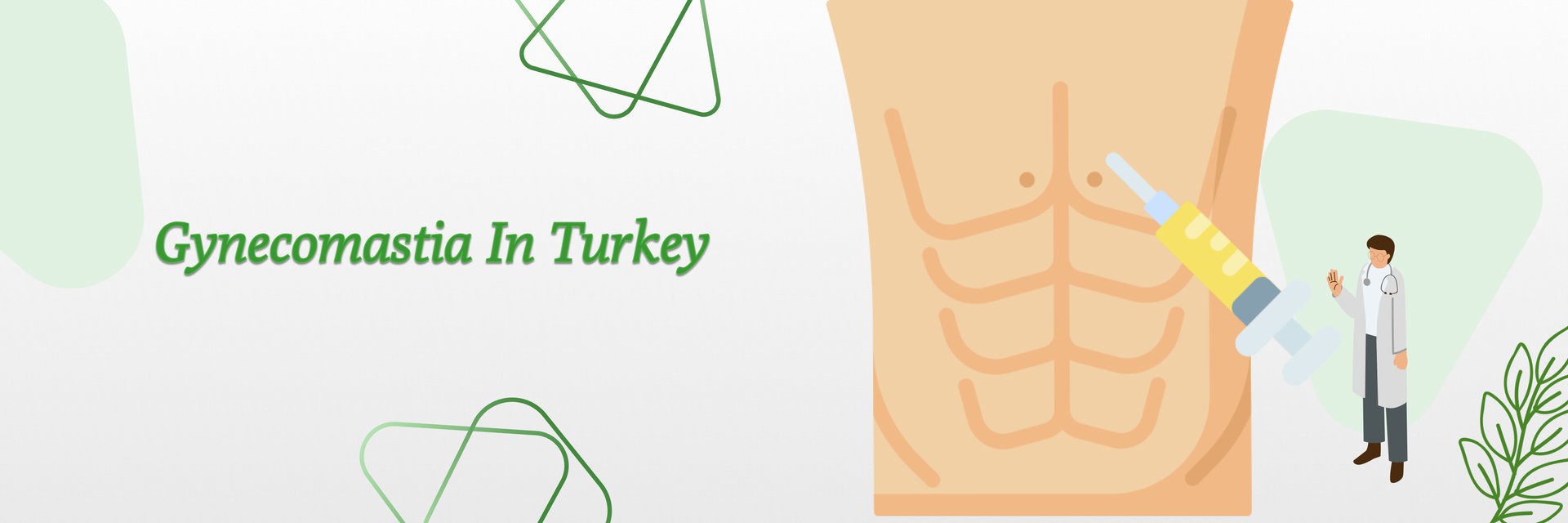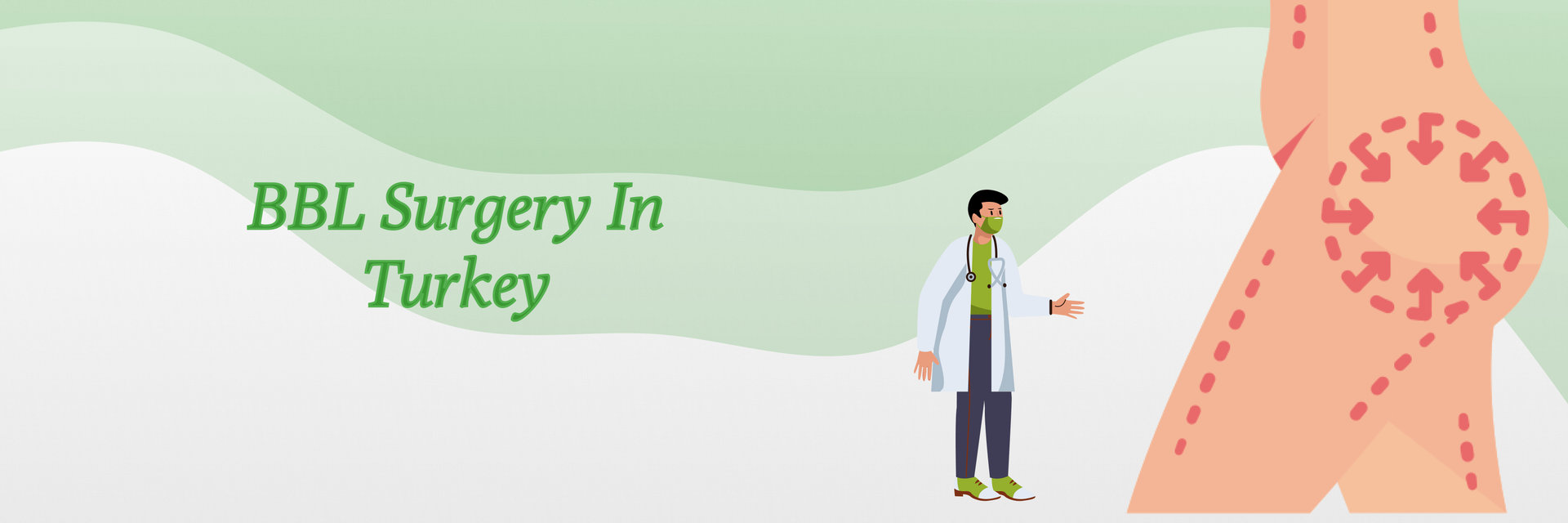Liposuction is a technique that removes the fat under the skin by suction. It is generally carried out on the abdomen, thighs, buttocks, arms, calves, back, and chin. Liposuction is ranked among the top 5 cosmetic surgical procedures performed worldwide. More than procedures were performed in 2021, with an increase of approximately 25% over the previous years.
Although it is safe, in the initial days following liposuction, it's completely normal to experience some swelling, bruising, and discomfort. Your body reacts to the surgery by initiating an inflammation response as it heals the treated areas.
If post-liposuction swelling continues even after four months, it should be addressed promptly with medical attention to identify any underlying issues of concern.
You might be wondering why swelling persists even four months after liposuction. This lingering swelling is generally a natural part of the healing process and usually nothing to be concerned about.
Let's delve into why it happens and what you can do about it.
Your well-being is our priority - call us to book your appointment today
What can be the causes of swelling 4 months post liposuction swelling?

There can be multiple reasons for 4 months post liposuction swelling. Let’s check ahead:
1. Residual Inflammation: Your body's natural healing process can cause ongoing inflammation in the treated areas, leading to swelling.
2. Lymphatic System Adjustments: Your lymphatic system plays a vital role in managing fluid balance within your body. Due to the procedure, after liposuction, this system may temporarily function differently. This leads to final buildup and then swelling.
According to a study published in the Journal of Plastic, Reconstructive & Aesthetic Surgery, “Alterations in the lymphatic system's function post-liposuction can lead to prolonged swelling, especially in certain individuals with a genetic predisposition.”
3. Genetics: Your genetics can influence how your body responds to liposuction.
4. Procedure Extent: The extent of the liposuction procedure can affect swelling. More extensive surgeries may result in longer-lasting swelling.
5. Post-Op Care: Not following post-operative care instructions, such as wearing compression garments, can prolong swelling.
6. Dehydration: Inadequate hydration can hinder the lymphatic system's ability to manage fluids, exacerbating swelling.
7. Strenuous Activities: Engaging in strenuous activities too soon after surgery can lead to increased swelling.
8. Infection: In rare cases, infection at the incision sites can cause localized swelling and should be addressed promptly.
9. Unusual Reactions: Some individuals may have unusual reactions to the procedure or anesthesia, leading to prolonged swelling.
10. Individual Variations: Every person's body heals differently, so some individuals may naturally experience longer-lasting sweller than others.
Understanding these potential causes can help you manage and address swelling effectively as you recover from liposuction.
Your health is too important to ignore – schedule your appointment now.
When do you need to be concerned about swelling?

You need to be concerned about your post-liposuction swelling in the following cases when it requires medical attention:
1. Increasing pain: You should get medical intervention if you experience swelling accompanied by increasing pain. It may also include discomfort and tenderness.
2. Redness and heat: If the swollen area becomes infected, shows redness and feels warm, it requires immediate medical attention.
3. Fever: Fever is one of the primary signs of infection.
4. Significant Asymmetry: Noticeable asymmetry in swollen areas is a cause of concern.
5. Nausea, vomiting, dizziness: All of these could imply underlying medical complications.
6. Drainage or fluid leakage: The surgeon needs to be contacted immediately in case of unusual drainage or leakage of fluid from the site of treatment.
7. Time period of swelling: If it continues after 4 months, then contact your plastic surgeon.
8. Lumpiness or hardness: This could be due to a seroma or scar tissue.
9. Breathing problems: Difficulty in breathing or shortness of breath
10. Numbness or tingling: If prolonged, it indicates nerve damage.
11. Change in size of treatment site: Increased size of treated area could imply hematoma.
12. Unusual odor: Foul or unusual odor indicates infection.
Managing Swelling Four Months After Liposuction

Take charge of your health and your life. Contact us today!
It is not entirely uncommon to observe swelling 4 months after liposuction. Variability in recovery is seen due to factors like, the specific areas being treated, the amount of fat removed, post-operative care, and the individual’s healing capacity.
Remember, everyone's healing journey is unique, so patience is the key. By following your plastic surgeon's advice and maintaining a healthy lifestyle, you can effectively manage swelling. In most of the cases, major swelling subsides by 4 months and only residual swelling remains. If this is not the case, consult your surgeon to find out the underlying causes and further treatment.
References:
https://www.ncbi.nlm.nih.gov/pmc/articles/PMC3901919
https://www.medicalnewstoday.com/
https://www.isaps.org/







